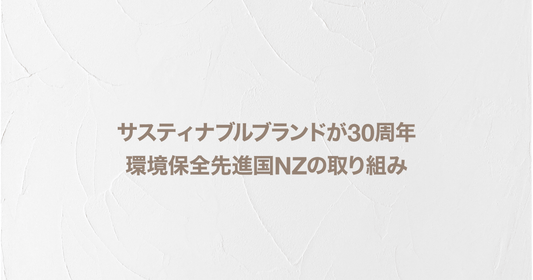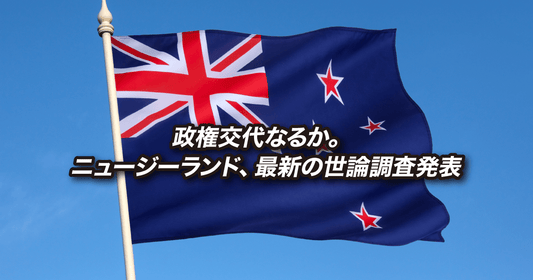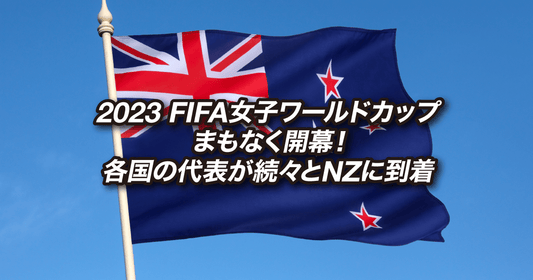
With the general election just three months away in New Zealand, the results of the latest opinion poll conducted by New Zealand's national broadcaster have been announced.
The ruling Labour Party, led by current Prime Minister Hipkins, is vying with National, which is seeking to replace Prime Minister Jacinda Ardern, who resigned earlier this year.
Will there be a change of government?
A coalition could lead to a change of government?
The latest opinion poll shows that both parties' support is down 2% since the last poll, with the National Party holding a slight lead at 35% and the Labour Party at 33%.
The rest are the Act Party on 12%, the Green Party on 10%, NZ First 3%, the Maori Party 3% and the Top Party 2%.
If we simply convert these numbers into seats, we get the chart below.
Of the 120 seats in the parliament, the National Party will be able to win 46 and the Labour Party 43, but neither party will be able to reach a majority on their own.
The National Party would barely be able to win a majority in coalition with the Act Party, whereas Labor would not be able to reach a majority even if it formed a coalition with the Māori Party and the Green Party.
In addition, although supporters of the National Party or the Labour Party accounted for over 80% of the total in 2017, that proportion has gradually decreased, to less than 70% in this latest survey. It seems that there is a recent trend of more and more people moving away from supporting the two major parties.
Who should be the prime minister?
The approval rating of the Prime Minister is not proportional to the approval rating of his party, with the incumbent Labour leader, Prime Minister Hipkins, coming in first with 24%. Christopher Luxon of the National Party is at 20%.
In third place was Act Party leader David Seymour with 7%, and in fourth place was the Green Party's Chloe Swebrick.
Immediately after Prime Minister Hipkins took office, heavy rains and a large cyclone hit various areas, mainly in the North Island of New Zealand, and his ability to manage the country was called into question. Prime Minister Hipkins' approval rating was at its highest in March, at 27%. Compared to the highest approval rating of former Prime Minister Ardern, which was 51%, during her term in office, this is still a rather low number.
However, the approval rating of the Kuomintang's Luxon also casts a shadow over the possibility of a change of government.
National Party Leader Christopher Luxon (left) and Deputy Leader Nicola Willis.
Japan-NZ Summit Meeting
Last week, for the first time, a Japan-New Zealand summit was held in Lithuania, where the NATO summit was held.
Prior to that summit, there will be a Japan-Australia-New Zealand-South Korea summit.
Hipkins, along with Australian Prime Minister Albanese, South Korean President Song-ryul, and Japanese Prime Minister Kishida, reportedly spoke for around 25 minutes about protests against North Korea's ballistic missile launches and the realization of a free and open Indo-Pacific.
At the Japan-New Zealand summit, discussions were held on strengthening strategic cooperative partnership in the areas of security and clean energy, as well as the regional situation and trade in the Pacific island countries.
Prime Minister Hipkins also met with Ukrainian President Volodymyr Zelensky.
New Zealand values freedom, democracy and democracy. We stand with Ukraine until this unjust war is over. I was proud to shake hands with President Zelenskyy today and convey our support in person as we announced further support for Ukraine.
He said.
The New Zealand general election will take place on 14 October.





